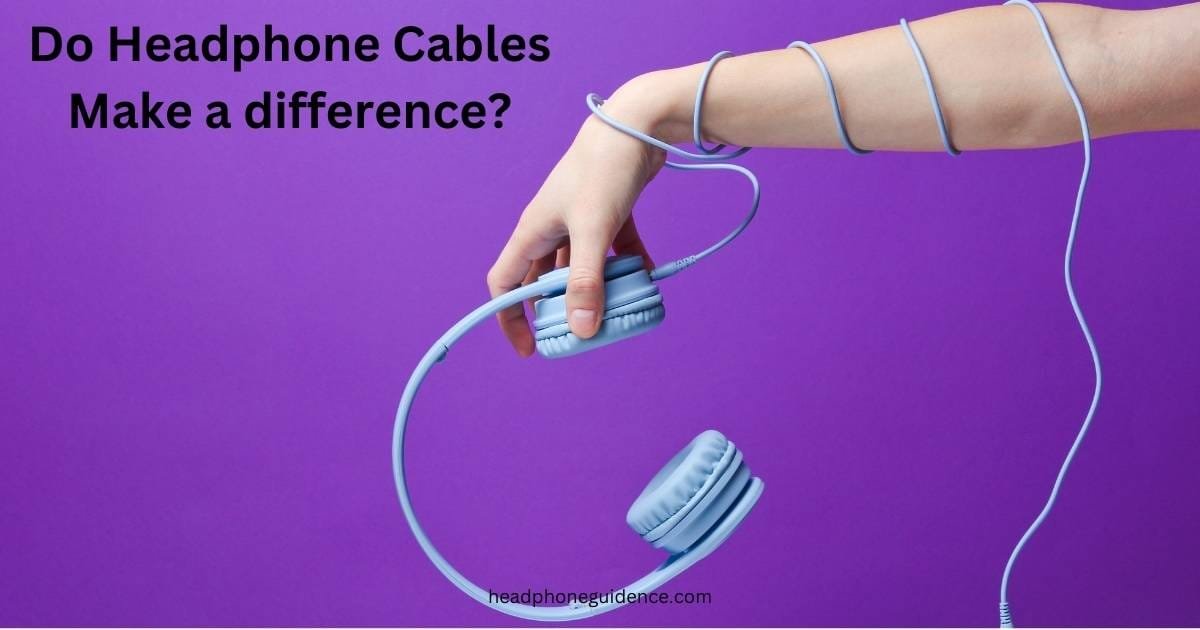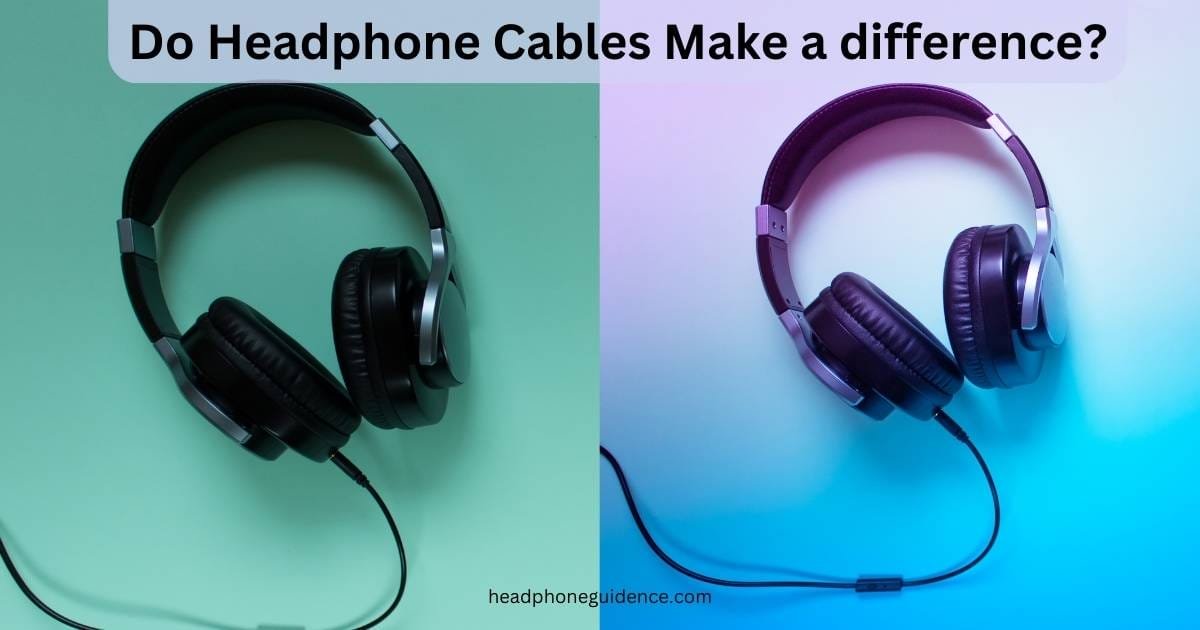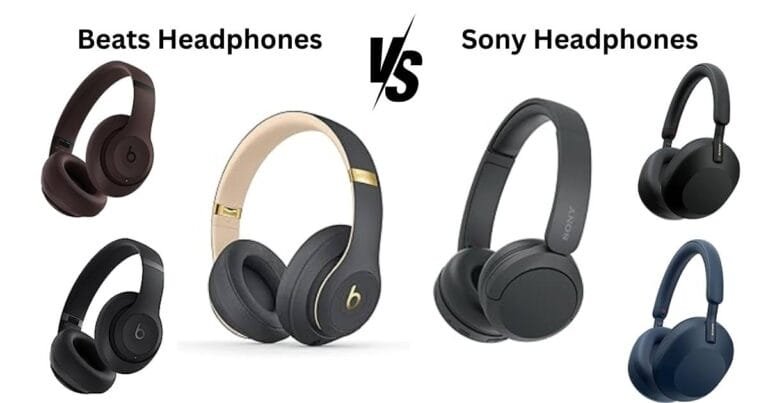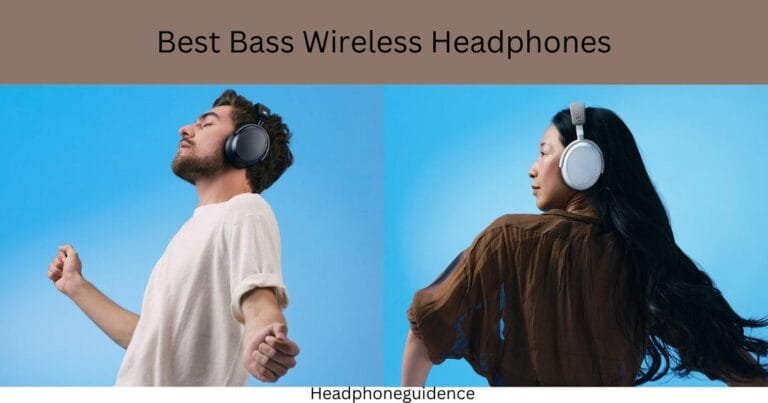Do Headphone Cables Make a difference?
Exploring the Impact of Cable Quality on Audio Performance
Headphones have become an essential part of our daily lives, whether listening to music, watching movies, or taking phone calls. With the increasing popularity of wireless headphones, the debate about whether headphone cables make a difference has become a topic of interest. Some argue that cables do not affect the sound quality, while others claim that cables play a crucial role in the overall listening experience.
Proponents of the notion that cables do not make a difference argue that the signal transmitted through a cable is purely electrical and that the sound quality depends on the quality of the driver and the headphones themselves. They argue that the differences in sound quality that people perceive are due to the placebo effect or the psychological bias towards more expensive or branded products. On the other hand, those who believe that cables do make a difference argue that the quality of the cable affects the quality of the signal transmitted, resulting in a noticeable difference in sound quality.
This article will explore both sides of the argument and examine the evidence behind each claim. We will also look at the various types of headphone cables available on the market and their impact on the overall listening experience. By the end of this article, readers will better understand whether headphone cables make a difference and the factors that affect the sound quality of headphones.
The Importance of Headphone Cables
The cable is often overlooked as a minor component when it comes to headphones. However, the cable plays a crucial role in the overall sound quality of the headphones. This section will explore the importance of headphone cables and their impact on signal transmission quality, material, and build.


Signal Transmission Quality
The signal transmission quality of a headphone cable refers to how well the cable can transmit the audio signal from the audio source to the headphones. The cable’s ability to transmit the signal without any interference or distortion is critical to the sound quality. A poor-quality cable can lead to a loss of sound quality, resulting in a muffled or distorted sound.
Higher-end headphones often come with higher-quality cables, which can significantly improve the signal transmission quality. These cables are typically made of high-quality materials designed to minimize interference and distortion.
Material and Build Impact
The material and build of a headphone cable also play a significant role in the overall sound quality. The cable’s material can affect the cable’s durability, flexibility, and resistance to tangling. A high-quality cable will be durable, flexible, and resistant to tangling, making it more convenient to use.
The build quality of the cable is also essential. A poorly built cable can lead to signal loss, interference, and distortion. A high-quality cable will have a strong build, ensuring that the cable can withstand regular use without any damage.
In conclusion, the headphone cable is a crucial component that should not be overlooked. A high-quality cable can significantly improve the sound quality and durability of the headphones. When choosing headphones, it is essential to consider the cable’s quality and ensure that it is made of high-quality materials and has a strong build.
Types of Headphone Cables
Standard Cables
Standard headphone cables come in a variety of lengths and thicknesses. They are typically made of copper or a copper alloy and may be coated with a layer of insulation to protect against interference. Standard cables are often included with headphones at purchase, and they are widely available for purchase separately.
The thickness of the cable can affect the sound quality, as thicker cables tend to offer better sound quality due to reduced resistance. However, thicker cables can also be less flexible and more difficult to manage.
Balanced Cables
Balanced headphone cables are designed to reduce interference and noise, resulting in a cleaner sound. They have three conductors instead of the standard two, with one conductor carrying the positive signal, one carrying the negative signal, and the third acting as a ground.
Balanced cables are often used in professional audio settings, such as recording studios, but they are also available for consumer headphones. They may be more expensive than standard cables, but they can offer improved sound quality and reduced interference.
Wireless vs Wired
Wireless headphones use Bluetooth technology to transmit audio signals from a device to the headphones. They do not require a physical cable to connect to the device, providing greater freedom of movement. However, wireless headphones may experience interference or dropouts, and the audio quality may not be as good as wired headphones.
On the other hand, wired headphones use a physical cable to connect to the device. This can provide better sound quality and reliability, as there is no risk of interference or dropouts. Wired headphones may also be less expensive than wireless headphones, as they do not require additional technology.
Overall, the choice between wired and wireless headphones depends on personal preference and the intended use. Wired headphones may be better for critical listening or professional use, while wireless headphones may be more convenient for everyday use.







2 Comments